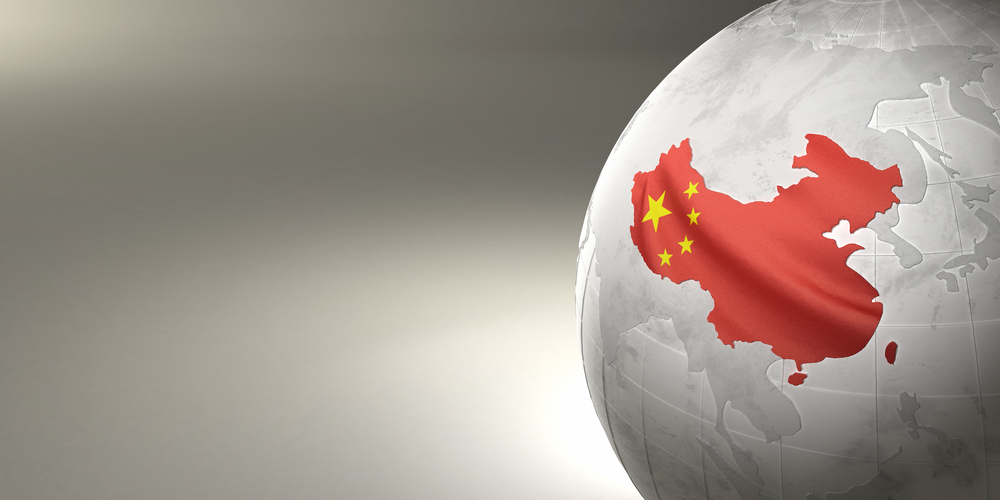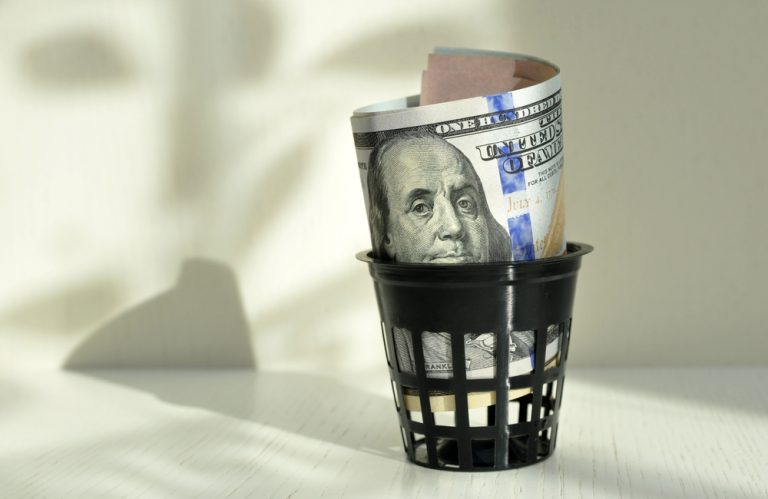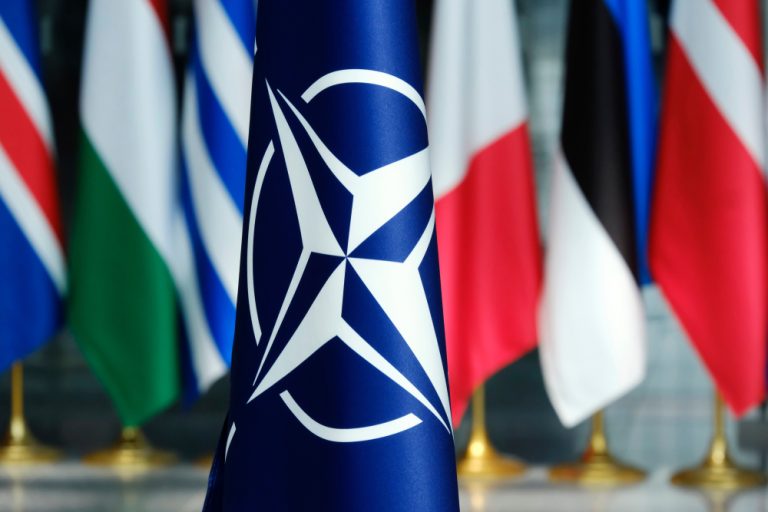
China attacks on all geopolitical fronts
China has attacked the U.S. and its key allies harshly, but this is not an attack on Taiwan or the threat of a North Korean nuclear attack on Seoul, as ordinary people reading this article might think. The main thrust of this attack boils down to a slow creeping political and economic expansion that is slowly enveloping and strangling Washington like a boa constrictor. In the last months, the main direction of Beijing’s actions has been Oceania, where Papua New Guinea and the Solomon Islands have come under its political and economic wing from the custody of the U.S. and Britain. Very soon, Chinese naval bases may appear in these countries, which will pierce the gap in the “sanitary belt”, which the White House is trying to build around China in the Pacific region. Such bases would also pose a serious threat to Australia, which is a key link in the AUKUS military bloc created by the U.S. to contain China. However, this is only the visible apex of Chinese pressure on the U.S., Australian and European zone of influence, and many important aspects of it are, at first glance, difficult to see and not obvious.
For example, on May 1, elections were held in French Polynesia, which could radically change the balance of power in the Pacific. The election was resoundingly won by supporters of independence from France, who simultaneously advocate stronger ties with China, which Paris resists in every way, trying to maintain both its control and to show loyalty to Washington. French Polynesia is 121 islands and 280 thousand inhabitants, with deposits of gas and rare earth metals. There is also a French military presence there, and the islands receive 2 billion euro a year in subsidies from Paris. However, during the pandemic, when the tourism industry collapsed, the people of Polynesia were on the verge of ruin. It was at that time that China actively began to enter the islands, taking advantage of the situation, offering the Polynesians generous loans and wanting to build a large port for their merchant and fishing ships. In the future, in case of independence, the Chinese police and military may be deployed in Polynesia, as it is already happening in the Solomon Islands. China is simultaneously expanding its presence in East Timor, Papua New Guinea and Kiribati, and leasing entire islands, where it is building its infrastructure facilities. But this is not just economic expansion, and we are also talking about forming a large ring of friendly countries, with whom China will find it easier to compete militarily with the United States. There is no doubt that Paris and Washington will oppose the referendum on the independence of Polynesia in every way, but in the new realities it is difficult for them to oppose the large-scale Chinese investments. And it would be very ironic if, in response to the emergence of five new U.S. military bases in the Philippines, China opens its military facilities in Kiribati and Polynesia in a threateningly dangerous proximity to Hawaii.

China’s influence is also growing in Africa, where the U.S. is making an open break with South Africa. At first glance, the Chinese issue plays no role in this conflict: the State Department accuses South Africa of supplying weapons to Russia that can be shipped by sea in Russian tankers. It is ironic that Washington cannot say exactly what kind of weapons they are talking about. However, there is no doubt that in order to justify the attacks in the future they will probably claim deliveries of shells, missiles or drones, as has already happened with Iran and China. The White House has long pressured the South African authorities to refuse to cooperate with Russia. After all, South Africa is rapidly increasing trade with Russia and not long ago held joint military exercises. Importantly, the leaders of the ruling party, the African National Congress, accused the U.S. of provoking the Ukrainian conflict and called for a negotiation process involving the BRICS countries.
But behind the “Russian trail” in reality, Washington has very different motivations and reasons. South Africa plays a crucial role in trade with China, where large quantities of grain and soybeans are being shipped. Thus, Beijing seeks to reduce its food dependence on the U.S., which in the past was the main supplier of grain to China. Washington has already threatened African countries with sanctions in response to trade in sanctioned goods with Russia trying to hit China indirectly. In addition, the U.S. will probably try to shake the economy of South Africa, which is already going through a difficult time, with high inflation and devaluation of the national currency rand. However, for the U.S., these moves conceal the danger of the complete loss of the African continent. After all, Africa’s trade with China is already much larger than that with America-$280 billion versus $90 billion. The more South Africa and other African countries are squeezed by sanctions, the closer they will become to China. This could negate Western influence on the fastest growing continent on the planet, a struggle for which could be the key in the 21st century.
In the Sino-U.S. standoff, the European “front” also played an important role recently, where Washington was extremely frightened by the EU’s gradual drift toward China. As a result, under pressure from Washington, the EU and China were on the verge of a trade war in May, and the “Russia card” came in handy again. The most aggressive supporters of the U.S. single Western position in Brussels threaten to impose sanctions against Chinese companies that cooperate with Russia, and Beijing promises retaliatory measures, including a sharp reduction in investment in the already stagnating European economy. In 2022, Chinese investment in the EU has already collapsed to a nine-year low of 8.7 billion dollars. Of these, only three countries account for the lion’s share. These include France and Germany, where Macron and Scholz seek to preserve working relations with China. In addition, they want to improve relations with Hungary, dodgy and always in opposition to Brussels, which manages to cooperate with both Moscow and Beijing, contrary to the opinion of European bureaucrats.

Italy, in addition to Lithuania, is becoming the main supporter of the position of EU and U.S. officials on the issue of breaking relations with China. The rightists, led by Giorgia Meloni, plan to make Italy the first country in the world to withdraw from the One Belt, One Road program. But even so, this movement comes under severe pressure from Washington, which is very concerned about the reconstruction by Chinese companies of the port of Trieste, which has an important geopolitical importance in the Adriatic Sea. Beijing diplomatically notes that they are “still interested” in Europe. But almost all Chinese investments (92%) now go to other regions, such as Africa, Latin America and Asia. There is still no trade gap with Europe and the trade turnover with China exceeds $700 billion, but there are fewer and fewer new Chinese projects. Nevertheless, given the mutual strategic interest between China and the EU, we can assume that this is a temporary retreat of Beijing. The U.S. is trying to use the European economy as a battering ram not only against Russia, but also against China. Therefore, the degree of confrontation in the sanctions wars will only increase. This will happen at least until the situation in the EU economy is completely hopeless and European governments finally prefer political ambitions to economic expediency. Then a window of opportunity will open for reformatting the European project for friendship with China, but it may be a long time before that happens. However, even if the U.S. manages to seriously and permanently halt Chinese expansion in Europe, this will hardly cancel its almost imperceptible strategic defeat in almost all regions of the world. There is no doubt that the initiative in the new Cold War now lies with Beijing, and China is attacking the United States on all geopolitical fronts.


Average Rating